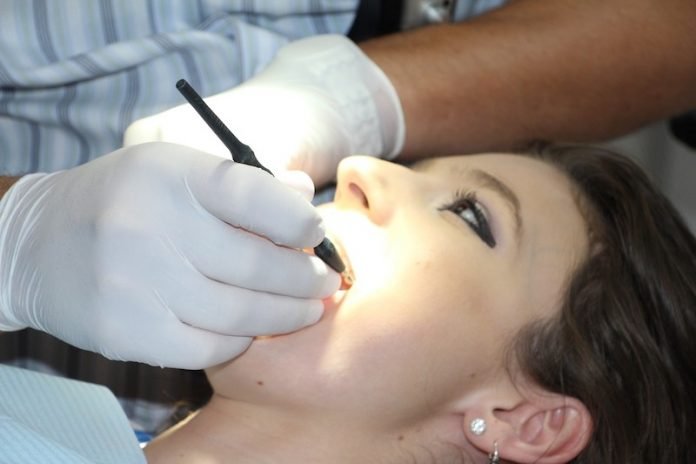
In a new study, researchers have outlined a trial of new Alzheimer’s drug that targets toxic substances released by P. gingivalis, a bacteria linked to gum disease.
In their poster, they provided an overview of the development of the drug, known as COR388, and how they are working to test its ability to slow the progression of Alzheimer’s symptoms.
Toxic substances released by the P. gingivalis bacteria have been found in the brains of people with Alzheimer’s.
While scientists don’t yet know the extent to which it can affect our dementia risk, some researchers have suggested that a type of bacteria involved in gum disease called P. gingivalis, could contribute to the development of Alzheimer’s.
The new drug that targets toxic proteins produced by the P. gingivalis bacteria has shown potential benefits in mice with features of Alzheimer’s.
Moreover, recent findings from a small, early-stage clinical trial had shown that the drug is safe for older people.
In that study, the team analyzed data from a 28-day study of 9 people with mild to moderate Alzheimer’s disease.
The finding showed the drug may help to improve participant’s memory and thinking skills while reducing biological markers of the disease.
The researchers now are trying to do a larger study, called the GAIN trial, which will test the drug in 570 people with Alzheimer’s disease at around 90 study sites in the US and Europe.
Participants in the 48-week study will receive either dose of the COR388 drug or a dummy medication in a control group.
Researchers suggest that maintaining good dental health is an important part of a healthy lifestyle.
They hope to assess whether the new drug that targets gum disease bacteria could improve the lives of people with Alzheimer’s.
This will help test the role of the bacteria in the development of Alzheimer’s while exploring a new approach for treating the disease.
The study was presented at the Alzheimer’s Association International Conference.
Copyright © 2019 Knowridge Science Report. All rights reserved.



